#EVCharging
California EV Sales Dropped Two Quarters in a Row Last Year
Automakers have seen wavering demand for EVs across the country, but California has always been the stronghold for electric adoption and infrastructure. Even so, the tides turned late last year, which could signal slower times ahead for the industry.
Detroit’s Inductive EV Charging Roads: Boon or Boondoggle?
Detroit now has a quarter-mile length of roadway with the ability to charge properly equipped electric vehicles as they drive. While similar programs have been pioneered in Europe, Detroit is the first and only city to do so in the United States. Governor Gretchen Whitmer offered her support when the plan was announced in 2021.
Report: Honda and Acura to Join Tesla's NACS Standard
Honda and Acura leaned on General Motors’ Ultium technology to accelerate electric vehicle development, so it’s unsurprising to see the Japanese automakers following their American counterpart’s lead in some areas. GM announced that its new EVs would move to Tesla’s North American Charging Standard (NACS), and American Honda Motor Company’s CEO recently confirmed that the Japanese automaker would follow suit.
ChargePoint to Offer Tesla Charging Plugs Going Forward
Tesla’s fortunes seem to have brightened in the last few weeks, as Ford, GM, and Rivian announced a switch to its Supercharger network and a new charging plug standard. Now it appears one of Tesla’s charging competitors is jumping on board, as ChargePoint recently announced the availability of the automaker’s NACS plugs at its locations.
QOTD: Which Automaker Will Offer Tesla Charging Connectors Next?
We've reported on Ford and GM reaching agreements to use Tesla's EV charging standard.
So the obvious question is -- who's next?
EV Charging Networks Aren't Making Money
While the automotive sector is habitually discussing how electric vehicle adoption will be spurred on by the country building a more robust charging infrastructure, nobody seems to be talking about how to make charging profitable enough to sustain itself. As of now, government subsidies are helping to ease the financial burden of installing EV charging stations. But their long-term viability is being undermined by the fact that most people prefer charging at home.
QOTD: How Do You Charge Your EV?
Yesterday we noted that charging EVs in public, at least in the UK, costs more than charging EVs via home chargers.
Today, we're wondering -- how do you charge your EV?
Charging an EV is Still Too Hard, Even in Places Where It Shouldn't Be
Though we’re a little past the early adopter phase of electric vehicles, owners still face challenges that gas vehicles don’t have. Scott Case, a Seattle, Washington-based EV owner, recently took to LinkedIn to outline his charging horror story.
White House: Tesla to Open Charging Network Under Federal Program
On Wednesday, the Biden administration announced that Tesla will begin opening up portions of its proprietary charging network to all electric vehicles by the end of 2024. While the move could undermine one of the most desirable aspects of owning a Tesla, by forcing owners to share what’s likely to be the largest and most reliable charging network in the country, the EV purveyor isn’t coming away empty-handed. The arrangement comes under a new $7.5-billion federal program to electrify the nation's highways stemming from the $1-trillion infrastructure package signed in 2021.
J.D. Power Survey Suggests Public EV Charging Getting Worse
Over the last couple of years, there have been a series of questionnaires hoping to determine how satisfied people are with the United States EV charging infrastructure. Most have been pretty bleak, suggesting that just about everyone driving an electric car prefers to charge at home. But these surveys have also highlighted a problem with the general unreliability of public charging stations.
Based on the latest data coming from J.D. Power, the issue appears to have worsened. The outlet’s Electric Vehicle Experience Public Charging Study alleges that over 20 percent of all charging attempts failed in 2022.
Study: Electric Cars Cost More to "Fill up" Than Gas
A Michigan-based think tank has claimed that it now costs less to drive an internal combustion vehicle 100 miles than to charge up a comparably all-electric vehicle using home charging. Though this claim comes with a few caveats, starting with acknowledging that this only applies to “midpriced” vehicles based on the national average for fuel and electricity rates.
Shell to Acquire Volta’s EV Charging Network for Roughly $169 Million
Volta Inc. has announced a merger agreement under which Shell USA would acquire Volta in an all-cash transaction valued at approximately $169 million (USD). The big get here is Volta’s electric-vehicle charging network that doubles as a media board that can display advertisements, public service, announcements, and whatever else Shell might want people to see.
Study: America Allegedly Needs to Quadruple EV Chargers by 2025
The United States is in the midst of expanding its electric vehicle charging network to ensure there’s sufficient charging capacity for the planned deluge of EV sales. Companies are even getting government money earmarked within the so-called Inflation Reduction Act to ensure that the Biden administration’s lofty environmental goals are maintained. However, a recent report by S&P Global Mobility has suggested the U.S. is nowhere near on pace to meet projected EV demand.
Almost 1,000 Dealers Have Signed Up for GM's Community Charging Program
Electric vehicles offer longer-range estimates and faster charging times than ever, but none of that matters if there’s nowhere to charge in the first place. General Motors hopes to improve the charging situation – at least at its dealers – in the next few years, with tens of thousands of Level 2 chargers.




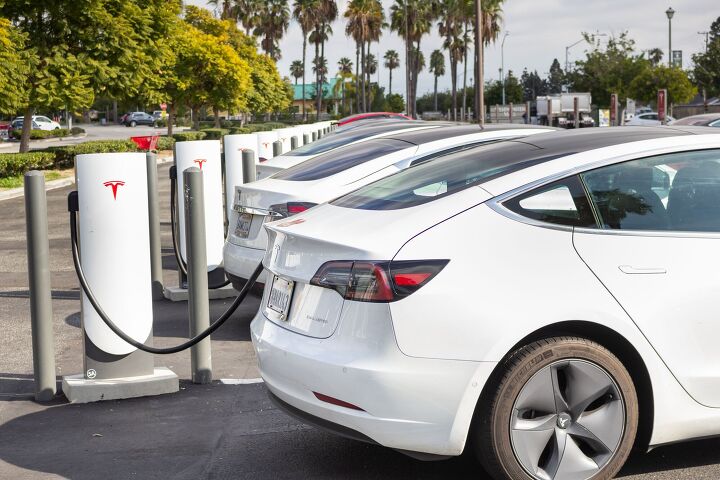
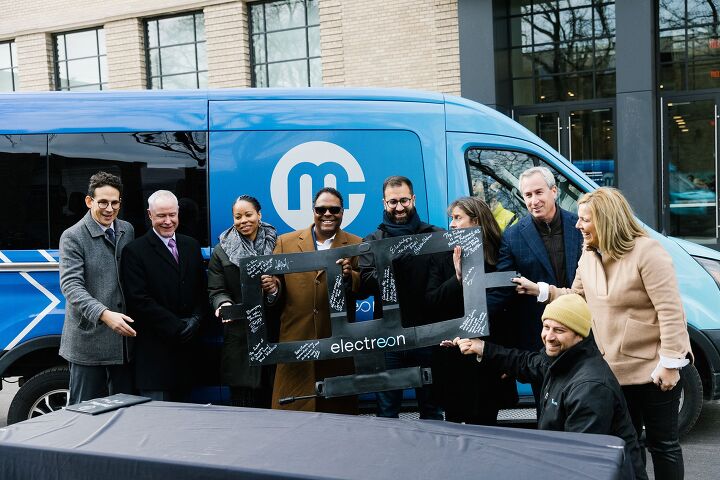

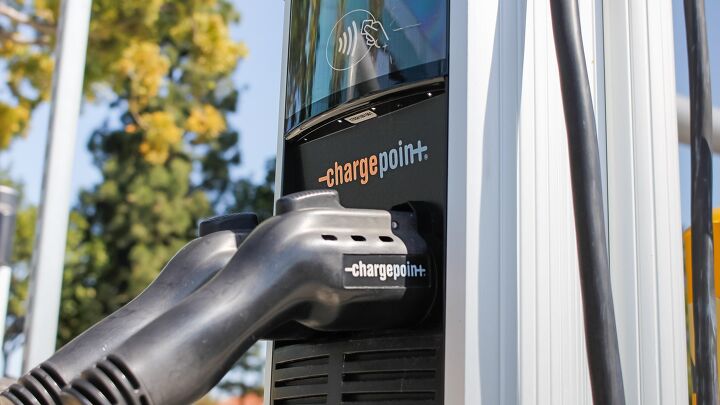

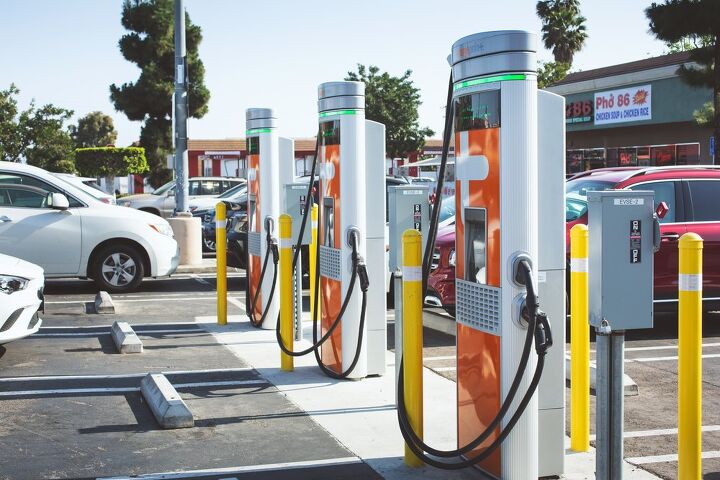
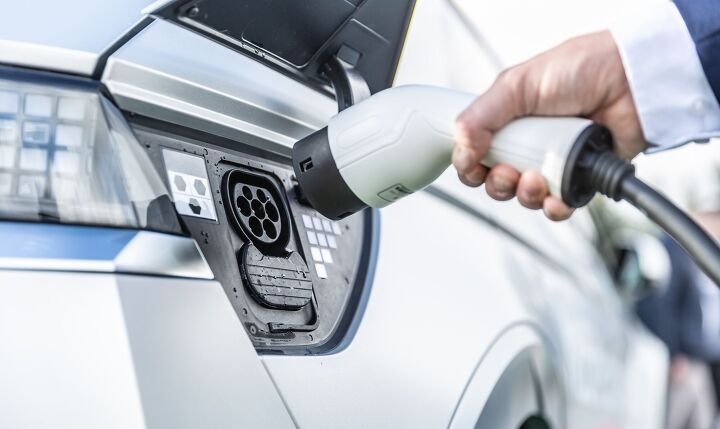
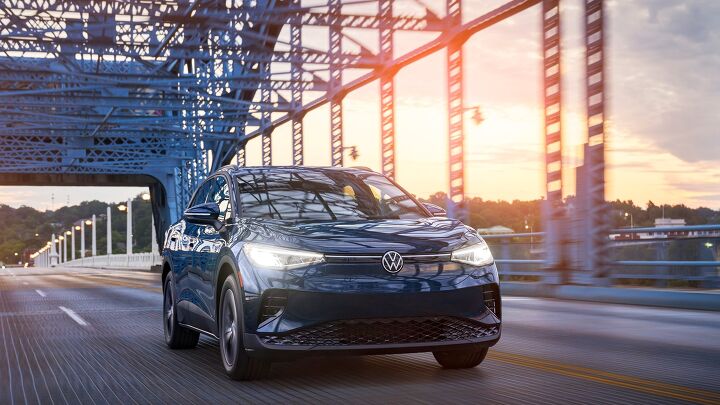
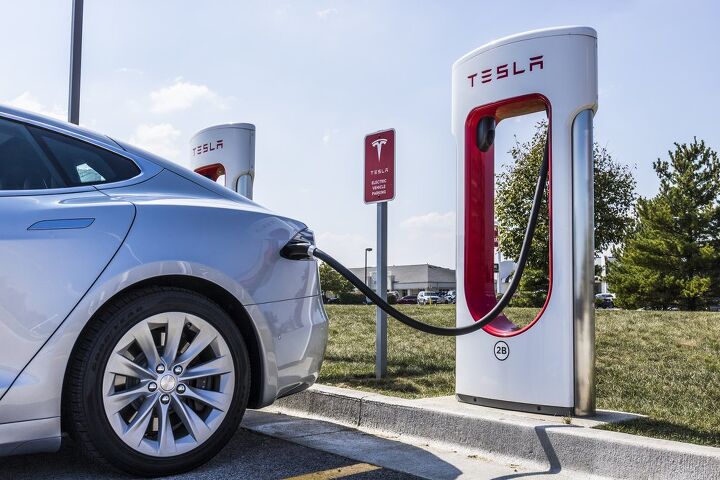
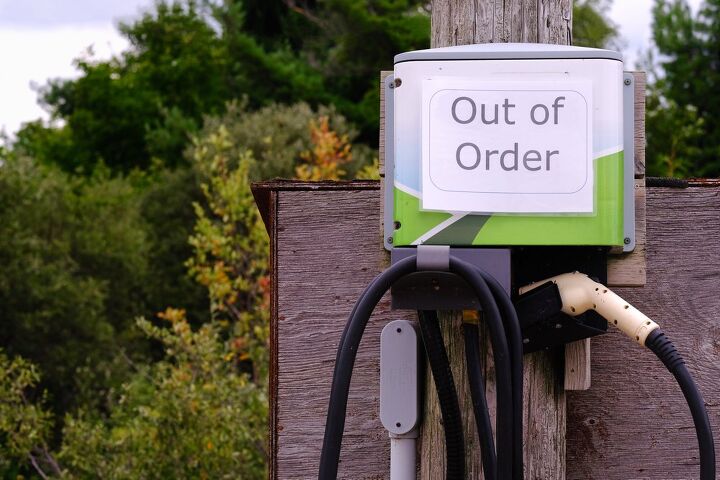


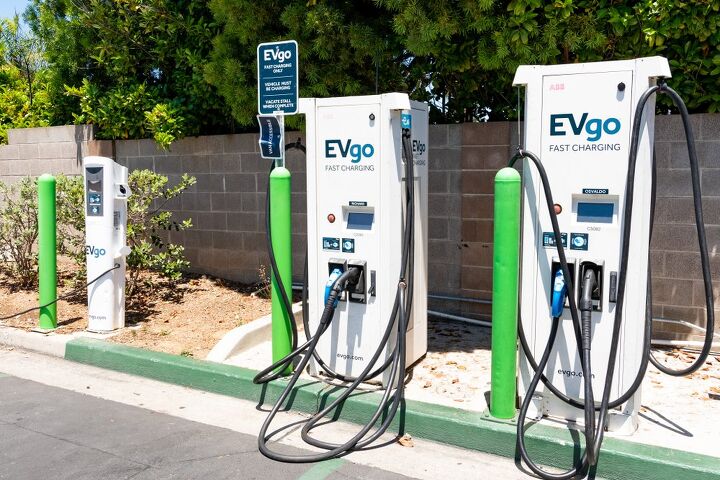













Recent Comments